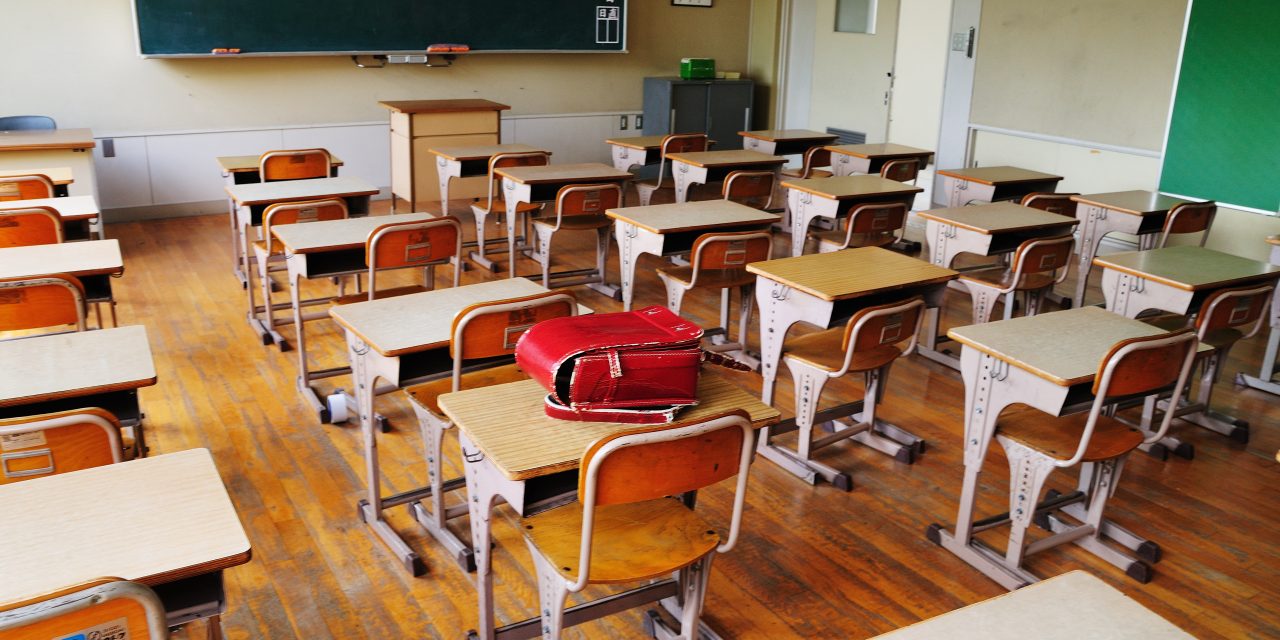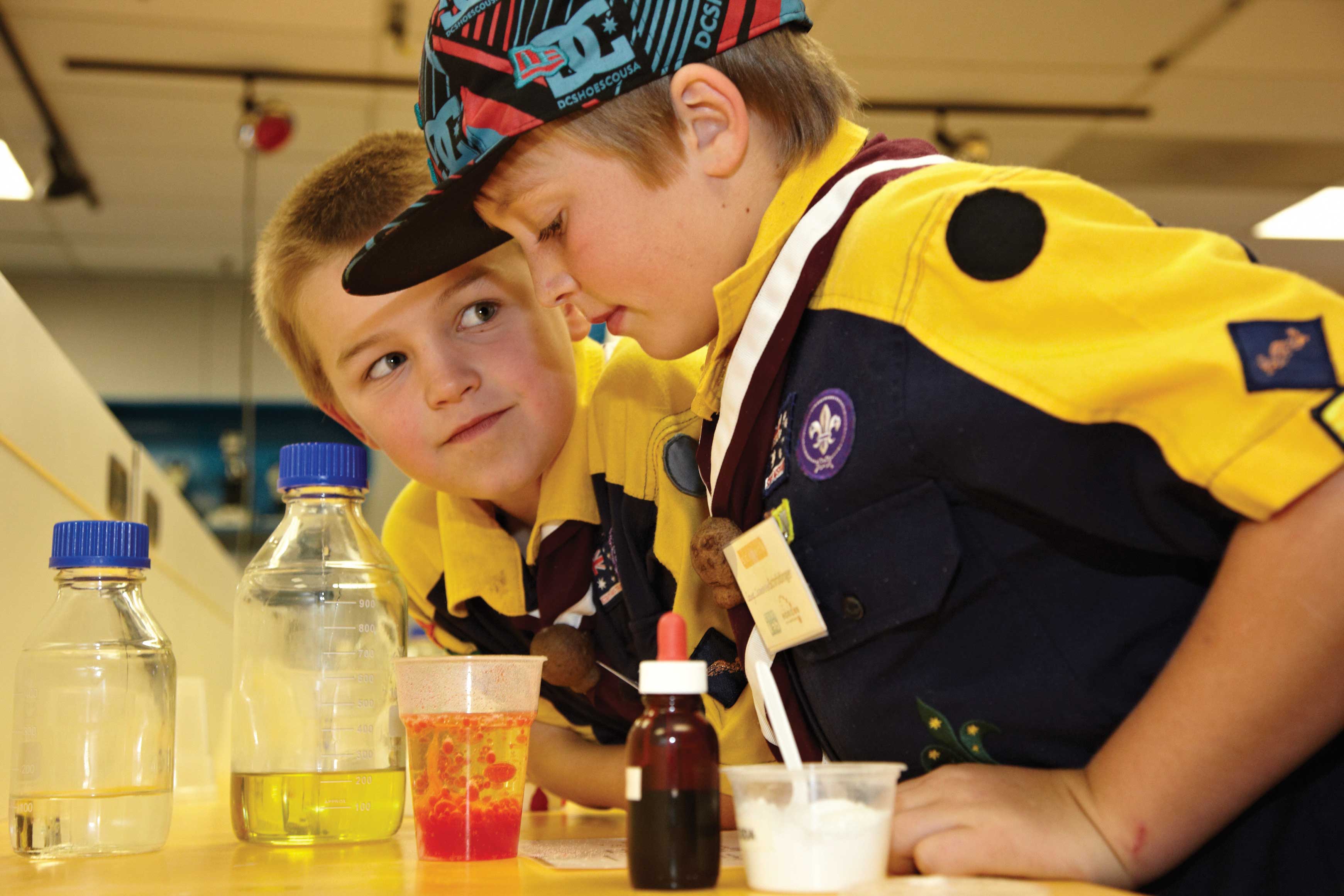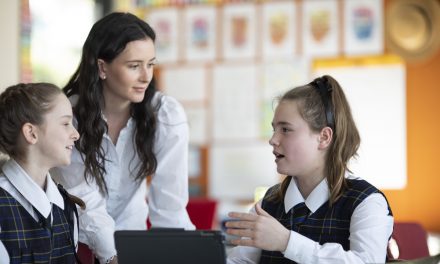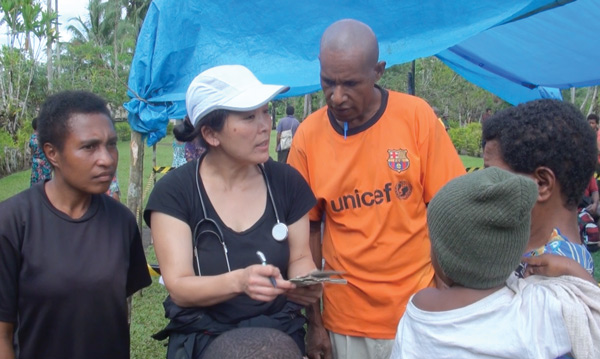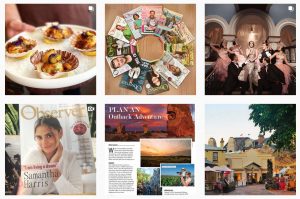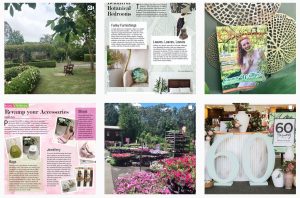Tina Wu
The NSW Education Department has put forward ideas of overhauling the current testing system for selective schools, as well as placing new focus on gifted and talented students in a bid to drive up Australia’s falling academic performance.
In an address to the World Council for Gifted and Talented Children Biennial Conference, the NSW Secretary of the Department of Education, Mark Scott, admitted that a culture of “tutoring” is emerging where parents are spending up to $20 000 a year in coaching fees in the hopes of having their children score a place at one of Sydney’s prestigious selective schools.
This has placed other academically gifted children from low socioeconomic backgrounds at a disadvantage, where their academic needs may not be fully met at non-selective schools.
All this has perhaps contributed to Australia’s declining academic standards, as seen in recent international reports.
“Of great concern nationally is the slide in performance among our high achievers in international and national assessments,” said Scott.
“If we track the percentage of students achieving in the ‘high’ achievement range (top two bands) on the three PISA test components from 2000 to 2015, we see a general decline, nationally, from 17 per cent for reading, 20 per cent for mathematics, and 15 per cent for science, down to 11 per cent for all three in 2015.”
The international TIMMS assessment for Year 8 science has also seen a drop in the nation’s rankings. “So if NSW was a nation it would rank 18th in Year 8 science on the basis of straight achievement – but 31st of 38 countries when GDP is taken into account,” Scott said.
To tackle this, the government has announced that a new process for NSW’s Selective Schools Placement Test is under review.
IQ tests, student work portfolios and problem solving tasks that will assess critical and higher-order thinking skills are alternative models of testing being evaluated. This is thought to dissuade parents from sending their children to coaching schools, where much of the curriculum there consists of rote-learning and completing practice papers.
Talent development programs are currently under consideration, with the government hoping to introduce policies that will place greater attention on gifted and talented students in public schools.
This address also comes at a time when Jae Jung, senior lecturer at UNSW specialising in gifted education, recommended selective schools be offered for early primary-aged children.
Snippets

